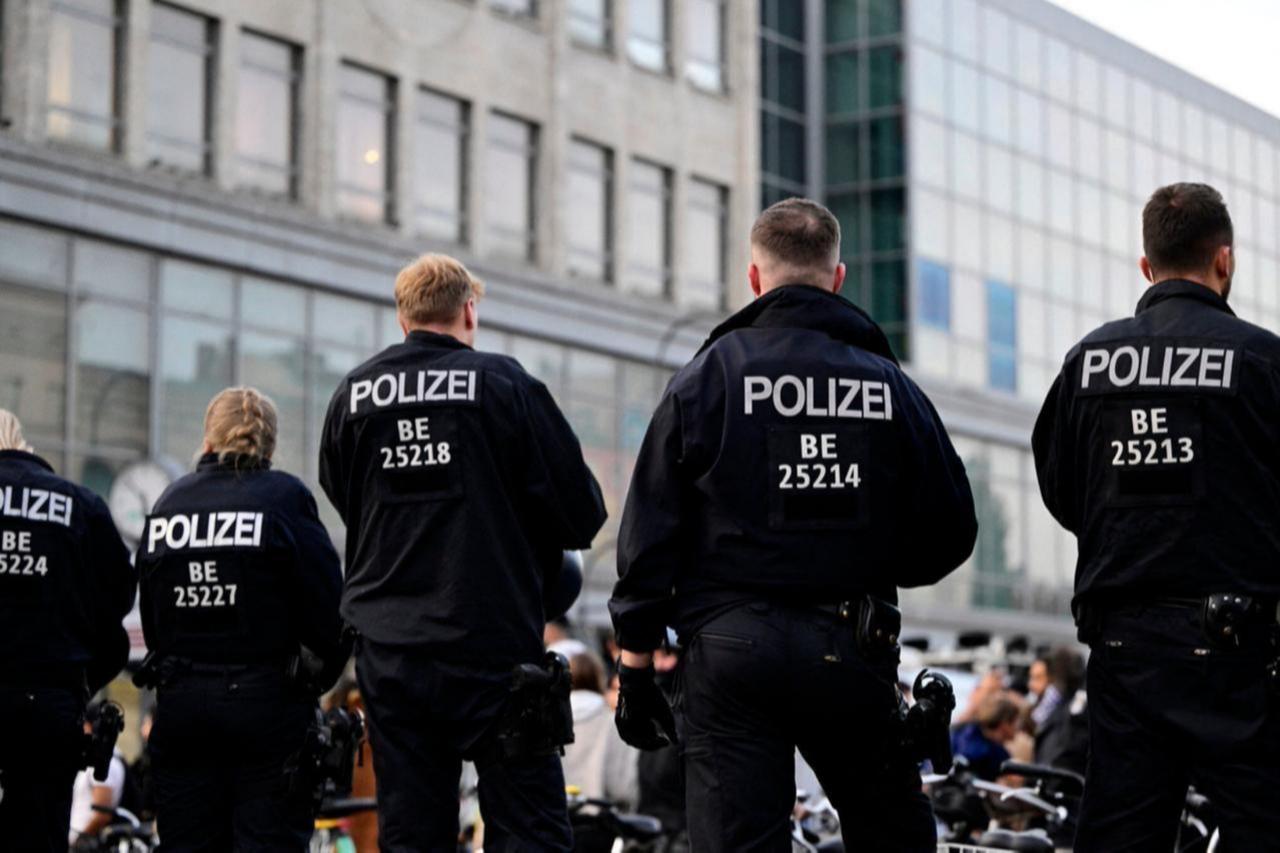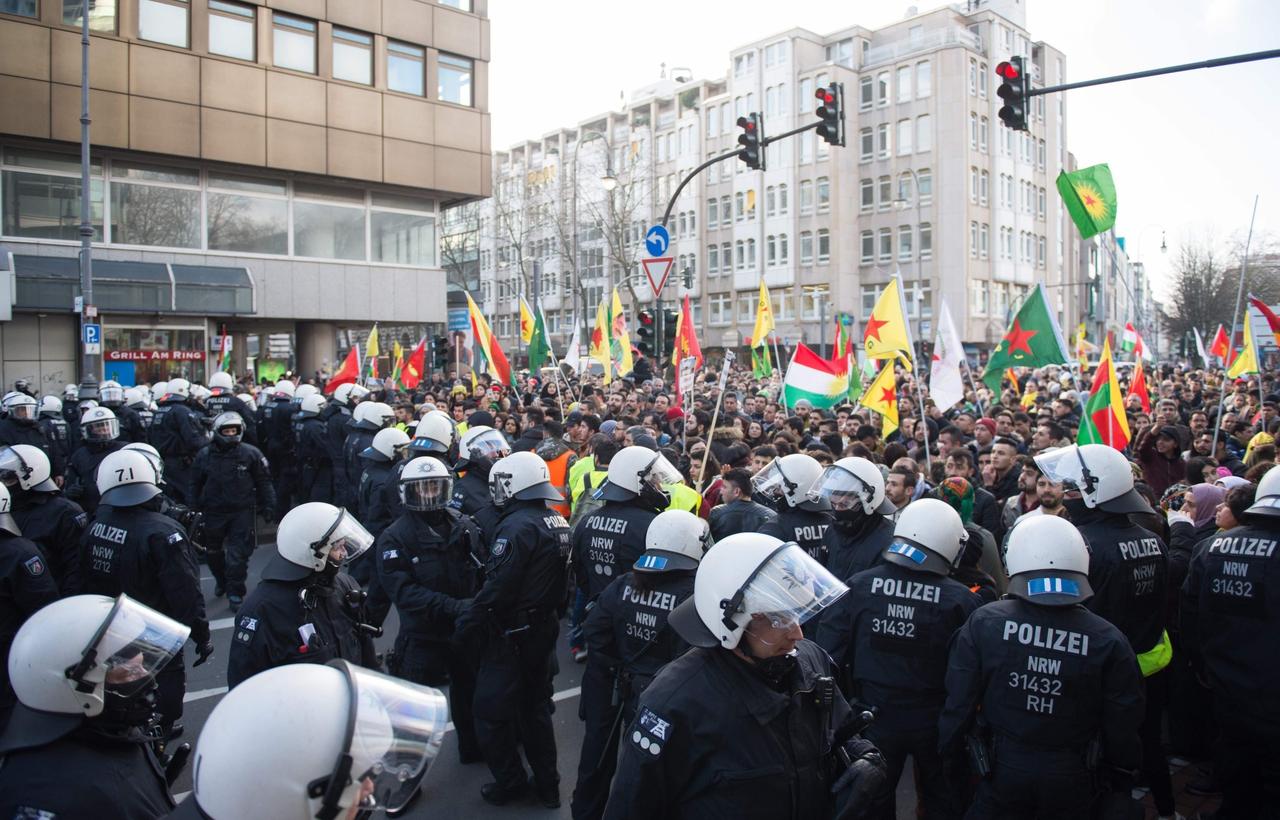
A Turkish national suspected of being a senior member of the PKK terrorist organization was arrested in Hamburg, Germany, on Tuesday, Saxony’s state police said.
The 54-year-old suspect, whose name has not been disclosed, was detained under a warrant issued by the Higher Regional Court in Dresden, according to the local authorities. Prosecutors said the suspect oversaw PKK activities in Hamburg and previously directed the group’s operations in Saxony between early 2015 and July 2018. He also coordinated networks in Poland and the Czech Republic.
According to investigators, the suspect managed subordinate PKK regional officials, organized propaganda events and assemblies, and led annual fundraising campaigns under the guise of donations. Searches were also carried out at properties belonging to two additional suspects in the eastern city of Bautzen, aged 46 and 53, who are accused of supporting and being members of the terrorist organization.
Authorities seized mobile phones, digital storage devices, documents, and large amounts of cash as part of the investigation. One of the two additional suspects reportedly acted as deputy to the main detainee during his tenure as the so-called regional head of Saxony.
The 54-year-old will soon appear before the Dresden Higher Regional Court for a pretrial hearing on charges of membership and leadership in a foreign terrorist organization, prosecutors said.

Europol, the European Union’s law enforcement agency, classifies the PKK as an ethno-nationalist and separatist terrorist organization. The group has been banned in Germany since 1993 but remains active across the continent through fugitive members, with an estimated 15,000 followers in the country.
The PKK is also officially recognized as a terrorist organization by the European Union and is listed on the EU’s Common Foreign and Security Policy (CFSP) sanctions list, which targets groups involved in terrorism and their affiliated networks.
Germany’s domestic intelligence agency, the Federal Office for the Protection of the Constitution (BfV), has described the PKK as the largest foreign extremist organization operating in the country. The agency warns that PKK-affiliated groups are capable of carrying out violent acts if ordered by leadership abroad.
The PKK held a congress in May announcing its dissolution, following an earlier call by its imprisoned ringleader, Abdullah Ocalan, to end decades of violent attacks. However, German authorities have maintained the ban and continue to monitor the group’s activities closely to verify whether it has genuinely abandoned its terrorist agenda.
Officials reiterated that the crackdown on PKK structures and financing networks will continue as long as the organization’s activities remain incompatible with German and EU counterterrorism laws.